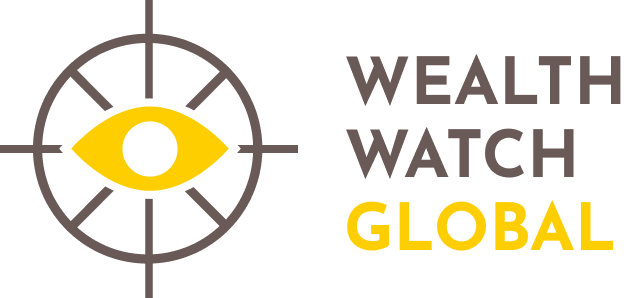By Richa Naidu
LONDON (Reuters) – Nestle (NS:NEST)’s KitKat brand has signed a global sponsorship deal with Formula 1 as new Chief Executive Laurent Freixe seeks to change the way the world’s biggest food company markets its core, multi-billion-dollar brands.
A senior executive told Reuters exclusively that the Formula 1 deal had been struck to cover the period between late 2025 and 2028, and the aim was to improve KitKat’s global reach and appeal to shoppers under 30 years old.
Through the deal that will start in Mexico and Brazil, Formula 1 racetracks and pit lanes will have KitKat advertising and events, chocolate wrappers will have Formula 1 branding, and Nestle will give away hundreds of race tickets.
The deal marks a major shift for Nestle. In its nearly 160-year history, the world’s biggest food company has never signed a global marketing deal, and has instead relied on country-by-country agreements.
“(The deal is) a key part of our strategy to move from what’s a very local model today, very fragmented,” said Chris O’Donnell, KitKat’s global category leader, declining to disclose the monetary value of the deal.
KitKat’s global marketing budget has risen nearly 20% so far this year, and the brand is valued at over 2 billion Swiss francs ($2.29 billion) worldwide, O’Donnell said.
“We’re now back to pre-COVID levels of investment (in marketing in KitKat). That’s a significant change, and we anticipate to keep investing behind the brands,” he said.
Nestle, which also makes Nescafe and Haagen-Dazs, does not typically reveal details about marketing spend, or break out the sizes of specific brands. This valuation makes KitKat one of the the company’s biggest revenue streams, but smaller than some coffee and petcare brands and Maggi.
The rate at which KitKat is raising its marketing spend dwarfs Nestle’s overall increase in recent years. The company reported that advertising and marketing expenses were 7.7% of sales in 2023, or an increase of 80 basis points compared to the prior year.
FREIXE ‘A BIG SUPPORTER’
Under former CEO Mark Schneider, Nestle’s marketing budget shrank during the pandemic and the repercussions of that strategy are weighing on the company’s revenue today.
Schneider was ousted in August following several quarters of weak sales volumes after the company cut back on innovation and marketing to save on costs during a period of high prices. Shoppers switched to cheaper or more differentiated brands, eating into market share.
Freixe, who took over in September, has said that he wants to focus on the company’s core brands, and was “a big supporter” of the KitKat deal, O’Donnell said.
“He saw this as a big statement for the brand and a real accelerator for growth,” he said. “This (investment) will be more consistent across many of (Nestle’s) brands.”
Last month, French luxury giant LVMH said it had reached a 10-year sponsorship deal with Formula 1 which covers its Louis Vuitton, Moet Hennessy and TAG Heuer brands, replacing long-time sponsor Rolex.
($1 = 0.8718 Swiss francs)

